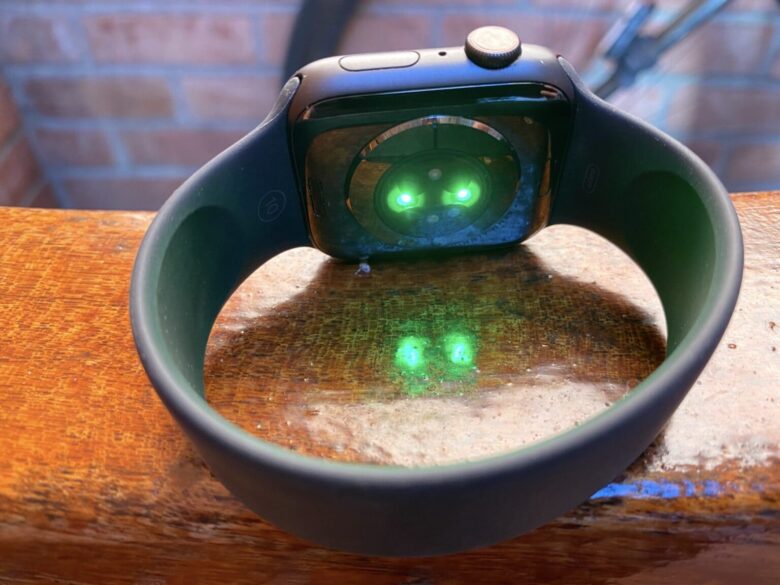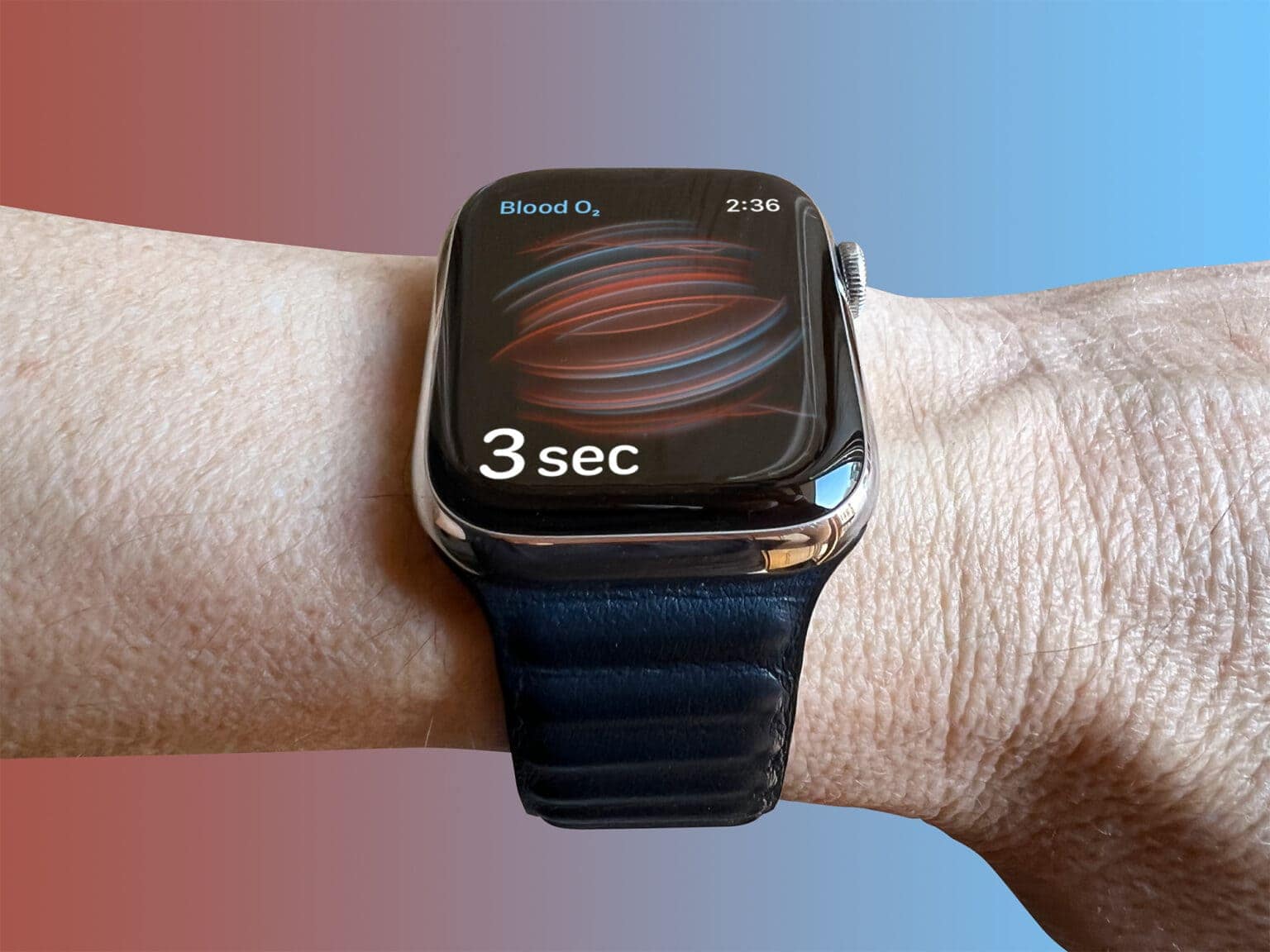Bans on Apple Watch imports and sales could take effect the day after Christmas unless President Joe Biden steps in, after the International Trade Commission ruled Thursday that Apple infringed on medical technology patents held by Masimo Corp. and its sibling company, Cercacor Laboratories.
So unless the president vetoes the bans or Apple somehow strikes a deal in a fight that has dragged on for years — neither seems likely — most Apple Watches could go off the market because some of their components violate patents.
Most Apple Watches could go off the market on December 26
The news of the ITC’s ruling in its investigation came out Thursday, and an op-ed piece in The New York Times Monday underlined the probability of a ban on Apple Watches actually going into effect just as Apple tries to make the most of holiday sales.
Biden has until December 25 to reverse the decision, but it seems unlikely he will, as presidents rarely overrule the agency, the piece said. The ITC goes all the way back to 1916.
Apple’s battle with Masimo
Apple has been locked in a court battle with Irvine, Calif.-based Masimo for a few years over the alleged infringement involving light-based pulse oximeters that measure blood oxygen. Apple introduced oximeter tech in Apple Watch Series 6 and included it in every model since except for the budget-priced Apple Watch SE.
In January, a judge ruled against Apple in the case, opening up the possibility of a import and sales bans on Apple Watch models.
Apple has rejected claims that it stole intellectual property even as Masimo has pointed out that the iPhone-maker hired Masimo’s chief medical offer and Cercacor’s chief technology officer, among more than 20 new hires from the two companies. Apple even opened an office near Masimo.
Here’s part of the Times‘ description of how events unfolded:
It’s agreed by both sides that Apple sought a meeting with Masimo when it was exploring adding pulse oximetry to the Apple Watch. Apple signed a confidentiality agreement. A meeting was held in 2013. At this point, stories differ. Joe Kiani, the electrical engineer who founded Masimo in 1989 and remains its chief executive officer, told me on Friday that Apple decided that rather than pay for licenses to use the technology, do a joint venture, or buy Masimo, Cercacor or both, it decided to do “strategic hiring” of key employees. Apple says it concluded that Masimo’s technology wasn’t suited for a consumer device, so it went in a different direction. (Although of course it did hire those key Masimo employees.)
More than one front in the war

Photo: Leander Kahney/Cult of Mac
And it’s not the only battle happening between Apple and Masimo:
The I.T.C. case is only one front in the battle between Masimo and Apple. In 2020, Masimo sued Apple in Federal District Court in California, alleging theft of trade secrets. The suit ended in a mistrial in May when the jury deadlocked. The case is being retried. Last year, Apple sued Masimo in federal court in Delaware, charging that Masimo was the one doing the illegal copying and was trying to knock Apple out of the market to make way for its own watch. Masimo counter-claimed that Apple had infringed its patents, falsely advertised its watches’ capabilities and violated antitrust and fair competition laws. In a separate action this September, the Federal Circuit Court of Appeals affirmed the Patent Trial and Appeal Board’s invalidation of some of Masimo’s patent claims, but rescued others.
Worth noting: Masimo plans to enter consumer markets with at least one product that competes with Apple Watch. Masimo’s planned W1 is a smartwatch. But neither company has gotten Food and Drug Administration to claim medical usage for their devices. Masimo maintains that its technology is superior to Apple’s.
Apple rejects allegations
As for Apple’s position, the Times said this:
Apple declined to provide an executive to speak on the record. The company’s position is that Masimo is pursuing a strategy of litigation over innovation, hoping to generate a fresh stream of royalties because royalties from past litigation have dried up. Apple points out that the federal jury that deadlocked in May was 6-to-1 for Apple, indicating that Masimo was a long way from making its case.
The case title is In the Matter of Certain Physiological Measurement Devices, 337-3554, U.S. International Trade Commission.



